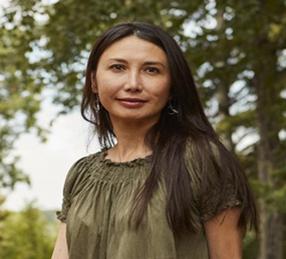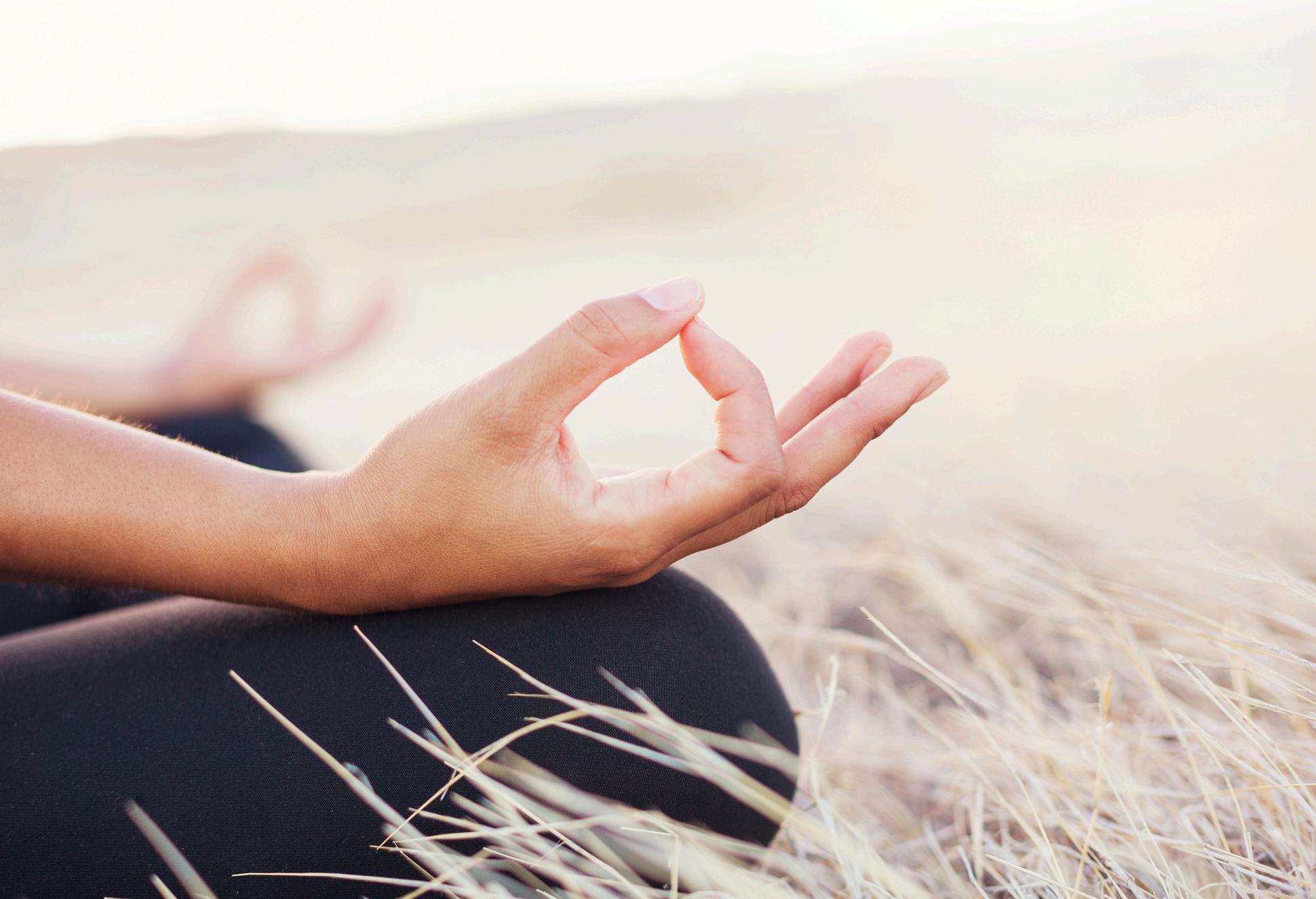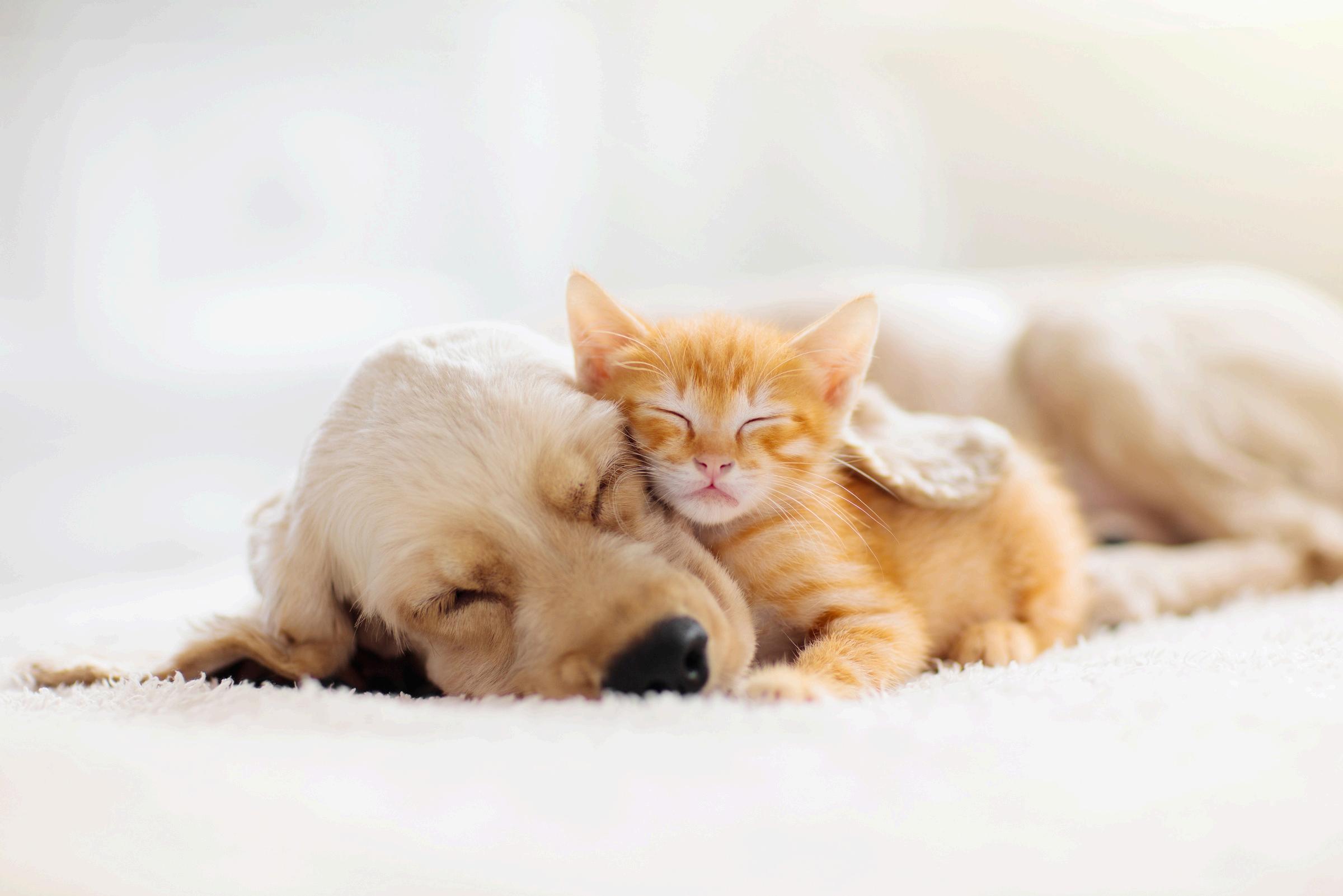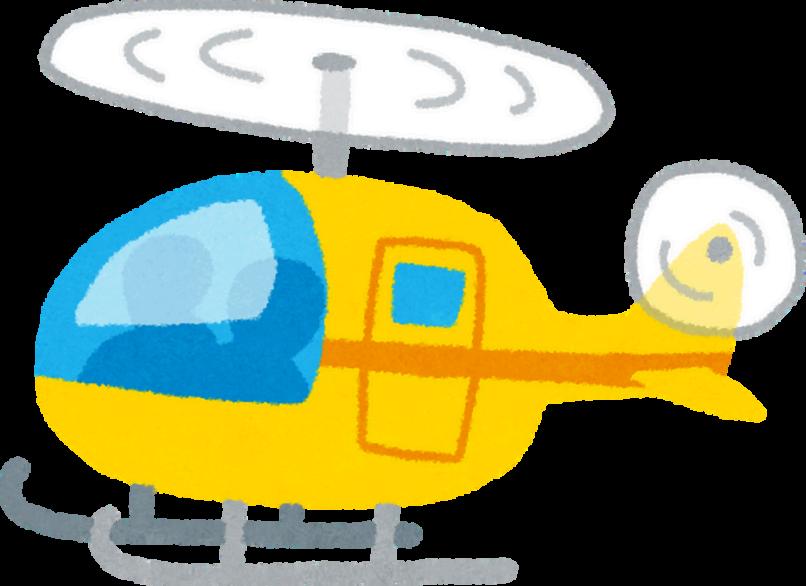
3 minute read
Hope: A Physician's Journey
from E3 Advocacy Issue 5
by healcanada
Dr. Nhung N. Tran-Davies
I can clearly remember how taken aback; I was to be still breathing when the first month of the newyearcametoaclose.
A heavy weight lifted off my shoulders because it wasn't just any January. It was the first month of a new year, after having been diagnosed with Stage 4 Colorectal Cancer just a couple of monthsprior.Ididn'tthinkIwouldlivetoseeanyofthenewyear,forthatmatter. And so, to know that I had survived and that I was indeed going to see the sunrise on the first day of the second month of a new year brought a huge sense of relief, wonder, and hope. I believed that I could do this, that I could get through this. For the first time in my 50 years of life, I was trulygratefulforeverysecondofeveryminuteofeveryday.
Being a Family Doctor and knowing how poor the prognosis can be for Stage 4; I didn't know if I was going to live. Nothing in my 20-year career as a medical doctor, not even my experience of delivering sad news and caring for palliative patients, prepared me for confronting my very own mortality.
I plunged into the depths of despair after my diagnosis, in large part because of my children still being so young. I want to be here still to see them graduate, blossom, reach their dreams, and find their true loves. I want to hold my grandbabies. There's still so much to do and more of the worldtosee,morewalksinthewoodsanddancesunderthemoonlightwithmyotherhalf.
Surprisingly, my patients drew me out of the despair. Little did I know how quickly they banded together to become my 'doctors.' It was their turn to take care of me, they said. And that they did with all the delicious food, warm blankets, and countless other gifts they inundated me with. Theywereindeedinstrumentalinliftingmethroughthedarkestmoments.
Now, ten months into this journey and two major surgeries out of the way, I realize that I've learnt a thing or two, especially as a physician looking through a patient's lenses. How can I not, after having been wheeled around half-naked on surgical gurneys, being poked and prodded, and subjected to countless needles and bloodletting, scans, doctor visits and numerous rounds ofnauseatingchemotherapy?
Facts and science are at the core of medicine and my medical practice. As a physician, we must follow evidence-based best practices and to do no harm. That is why I was so surprised when, suddenly, I found myself in the position of seeking out alternative/herbal therapies. Well, it was more so to appease my mom. She had overheard friends talk about a product that could boost the immune system and cure cancer, and that was enough for her to nudge me on. I tried to stand my ground on the lack of strong evidence, but sensing the hope this potential remedy was giving her, I finally conceded (deducing that, at least, it would cause no harm). I realized then that even if it had a one in a million chance of helping, I could not or should not deny that hope, thatpossibilityofcure,tomyfamilyandfriends,andmostofall,tomyself.
A unique lesson I've learned as a physician on this journey is seeing the world from a patient's perspective. Now that I am in the waiting room, the one on the exam bed, and the one getting my bloodpressuretaken,it'sawholenewworldoffears,uncertainties,andvulnerabilities.
Hope: A Physician's Journey (con’t)
What I've come to realize is how critical the doctor-patient relationship is to our health and sense of well-being. The physicians who've sat down at eye level with me and just talked to me to find out how I'm feeling, how I am, what my concerns are, etc., are the physicians who have not only empowered me but have also been vital in allaying my fears and uncertainties. No matter how scientifically complicated the diagnosis or prognosis can be, a good physician is a physician who infuses the discussion with warmth, compassion, and possibilities. Ultimately, all I want, as a patient,istowalkoutofthatdoctor'sofficewithasenseofhope.
One of the biggest, most humbling lessons I've learnt through all this is that there's still much we physicians and scientists don't know regarding health and healing. Yes, I've gone in for the recommended surgeries and rendered my system to the chemotherapies, as I have great respect for medical science. However, I admit I've gained a greater respect for the power of Prayers. Prayers have accentuated every medical decision and therapy I've submitted. As I am rolled into the surgical suite, as the drugs infuse into my veins, there lies at the forefront of my consciousness prayers Prayers to guide the precision of the surgeon's hand, prayers that the chemotherapy devour every cancerous cell, prayers that I will get through this. Prayers from everyone near and far, of every religion and faith in my circle of loved ones, lifted my spirit and carried me through the darkest times, giving me strength and courage to carry on with the fight. Prayersareanetherealforcethatisgivingmehope.
At the end of the day, hope is all we have. Hope empowers. Hope defies statistics and probabilities and ventures into the realms of miracles and endless possibilities. Hope is the light that shines through the dark. As per Emily Dickinson, "Hope is the thing with feathers that perchesinthesoul,andsingsthetunewithoutthewords,andneverstopsatall..."

Dr. Tran-Davies is a distinguished writer and physician, who proudly graduated from the University of Alberta. In 1979, she arrived in Canada as a refugee from the Vietnam War, accompanied by her mother and five siblings.
Dr. Tran-Davies has a passion for writing children’s stories that highlight the humanity in our lives. Her works have been shortlisted for several prestigious awards, including the Alberta LiteraryAward, Red Maple Award, and BlueSpruce Award.
Visit Dr. Tran-Davies's website to discover more about her remarkable work. https://www.nhungtrandavies.com/











